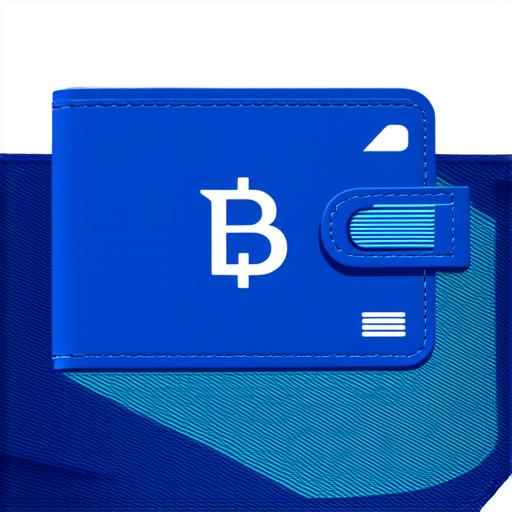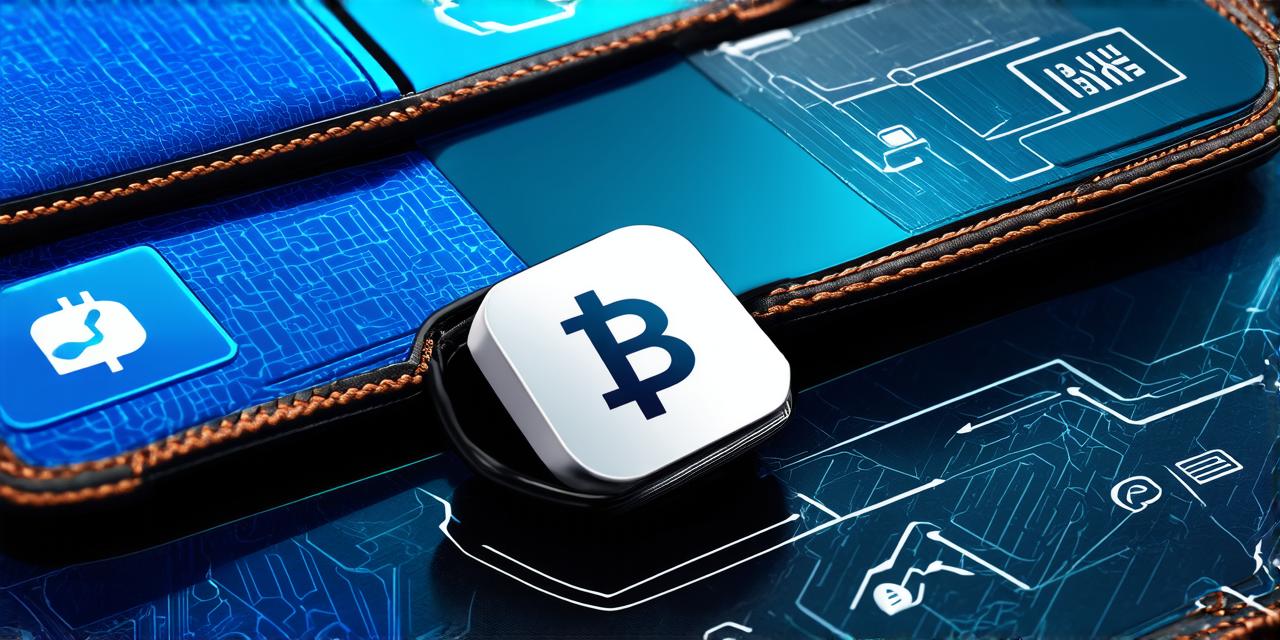What is the primary function of a blockchain wallet
A blockchain wallet is a digital tool that allows users to store, send, and receive cryptocurrencies in a secure and decentralized manner. The primary function of a blockchain wallet is to provide users with a convenient and secure way to manage their cryptocurrency assets, enabling them to transact with others on the blockchain network.
In this article, we will explore the various features and functions of blockchain wallets, and discuss how they are used by individuals and businesses alike. We will also examine the benefits of using a blockchain wallet, and provide real-life examples of its use in various industries.
Types of Blockchain Wallets
There are several types of blockchain wallets available today, each with its own set of features and benefits. Here are some of the most popular types:
- Desktop wallets: Desktop wallets are installed on a computer or laptop, and provide users with a full-featured platform for managing their cryptocurrencies. They typically offer more security features than mobile wallets, as they are not easily accessible from public computers or devices. Examples of desktop wallets include Electrum, MyEtherWallet, and Trust Wallet.
- Mobile wallets: Mobile wallets are designed for use on smartphones and tablets, and provide users with a convenient way to manage their cryptocurrencies on the go. They typically offer fewer features than desktop wallets, but are more easily accessible from anywhere. Examples of mobile wallets include Coinbase Wallet, Jaxx, and MetaMask Mobile.
- Hardware wallets: Hardware wallets are physical devices that store users’ private keys offline, providing an extra layer of security against hacking and theft. They can be used to manage a variety of cryptocurrencies, including Bitcoin, Ethereum, and Litecoin. Examples of hardware wallets include Ledger Live, Trezor, and KeepKey.
- Web wallets: Web wallets are online-based platforms that allow users to store and manage their cryptocurrencies through a web browser. They are convenient to use and can be accessed from anywhere with an internet connection, but are generally less secure than other types of wallets due to the risk of phishing attacks. Examples of web wallets include Coinbase Wallet, MyEtherWallet, and MetaMask Web.

Benefits of Using a Blockchain Wallet
There are several benefits to using a blockchain wallet, including:
- Security: Blockchain wallets use advanced cryptographic techniques to secure users’ private keys and prevent unauthorized access to their cryptocurrency assets. This makes them more secure than traditional bank accounts or other methods of storing money online.
- Decentralization: Blockchain wallets are decentralized, meaning that they are not controlled by any central authority or financial institution. This provides users with greater privacy and control over their own funds, as they do not need to trust a third-party intermediary to hold or manage their cryptocurrencies.
- Convenience: Blockchain wallets make it easy for users to send and receive cryptocurrencies, without the need to go through a lengthy and complicated process of setting up bank accounts or transferring funds between institutions.
- Diversification: By using a blockchain wallet, users can manage a variety of different cryptocurrencies in one place, allowing them to diversify their portfolio and reduce their exposure to any single asset.
Real-Life Examples of Blockchain Wallet Use
Blockchain wallets are being used in a variety of industries, from e-commerce to financial services. Here are some real-life examples of how they are being used:
- E-commerce: Online retailers can use blockchain wallets to accept cryptocurrency payments from customers, providing them with a new and innovative way to make purchases. This can help to drive adoption of cryptocurrencies as a legitimate form of payment, and attract new customers to online stores.
- Financial services: Blockchain wallets are being used by banks and other financial institutions to facilitate faster and more secure cross-border payments. They can also be used to manage a variety of financial instruments, including derivatives and futures contracts.



